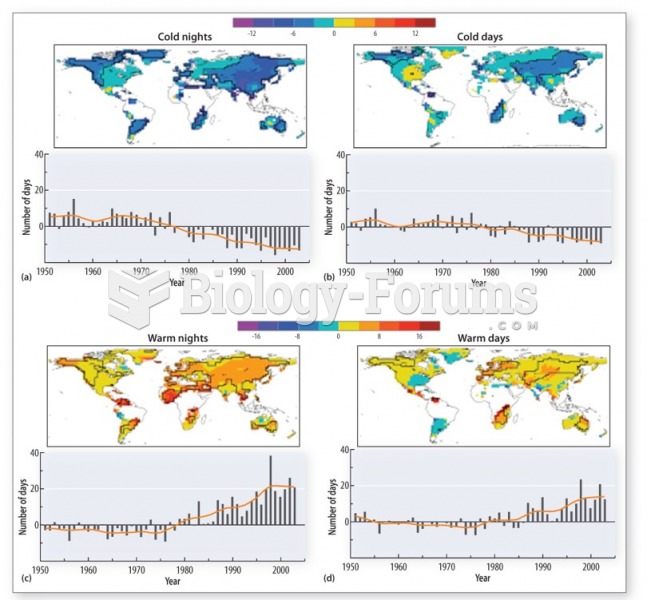Answer to Question 1
Perhaps the best-known modernization theory is that of Walt W. Rostow, who, as an economic advisor to U.S. President John F. Kennedy, was highly instrumental in shaping U.S. foreign policy toward Latin America in the 1960s. To Rostow, one of the largest barriers to development in low-income nations was the traditional cultural values held by people, particularly beliefs that are fatalistic, such as viewing extreme hardship and economic deprivation as inevitable and unavoidable facts of life. In cases of fatalism, people do not see any need to work in order to improve their lot in life. Rostow suggested that all countries go through four stages of economic development. The first stage is the traditional stage, in which very little social change takes place, and people do not think much about changing their current circumstances. According to Rostow, societies in this stage are slow to change because the people hold a fatalistic value system, do not subscribe to the work ethic, and save very little money. The second stage is the take-off stagea period of economic growth accompanied by a growing belief in individualism, competition, and achievement. During this stage, people start to look toward the future, to save and invest money, and to discard traditional values. According to Rostow's modernization theory, the development of capitalism is essential for the transformation from a traditional, simple society to a modern, complex one.
In the third stage, the country moves toward technological maturity. At this point, the country will improve its technology, reinvest in new industries, and embrace the beliefs, values, and social institutions of the high- income, developed nations. In the fourth stage, the country reaches the phase of high mass consumption and a correspondingly high standard of living.
Answer to Question 2
a







